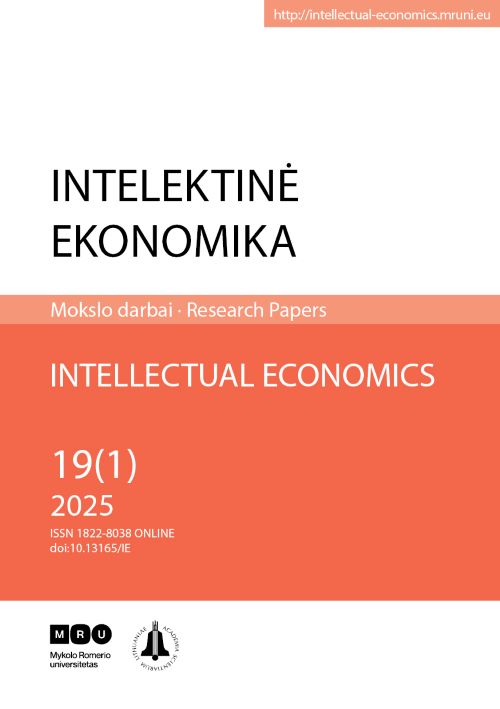Advancing Wellbeing: The Financial Accessibility and Social Integration through Self-Transformation
##plugins.themes.bootstrap3.article.main##
Abstract
Purpose: To explore how sharing economy platforms in Indonesia—such as Gojek, Tokopedia, and P2P Lending—can improve the welfare of low-income communities by enhancing financial empowerment and social connectedness, with self-transformational expectation as a mediating factor.
Methodology: This study uses a quantitative research approach employing the Warp-PLS statistical tool to analyze the relationships between the variables.
Findings: Financial empowerment significantly improves individual well-being. Social connectedness and self-transformational expectation play important roles in reinforcing welfare outcomes. The integration of financial literacy, digital financial access, and inclusive financial systems contributes to sustainable economic and social development.
Originality: This study provides a novel perspective by positioning self-transformational expectation as a mediating variable in the relationship between financial and social dimensions of empowerment. It offers actionable insights for policymakers, platform providers, and social institutions to design interventions that promote financial inclusion, community support, and long-term economic resilience.
Keywords: Wellbeing, Self-Transformational Expectations, Financial Empowerment, Social Connectedness, P2P, Sharing Economy, Financial Inclusion.
JEL Classification: D14, I31, O35, G53, L86
##plugins.themes.bootstrap3.article.details##

This work is licensed under a Creative Commons Attribution 4.0 International License.
Authors contributing to Intellectual Economics agree to publish their articles under a Creative Commons Attribution 4.0 International Public (CC BY) License, allowing third parties to share their work (copy, distribute, transmit) and to adapt it, under the condition that the authors are given credit, and that in the event of reuse or distribution, the terms of this licence are made clear.


 https://orcid.org/0009-0009-2985-3254
https://orcid.org/0009-0009-2985-3254





